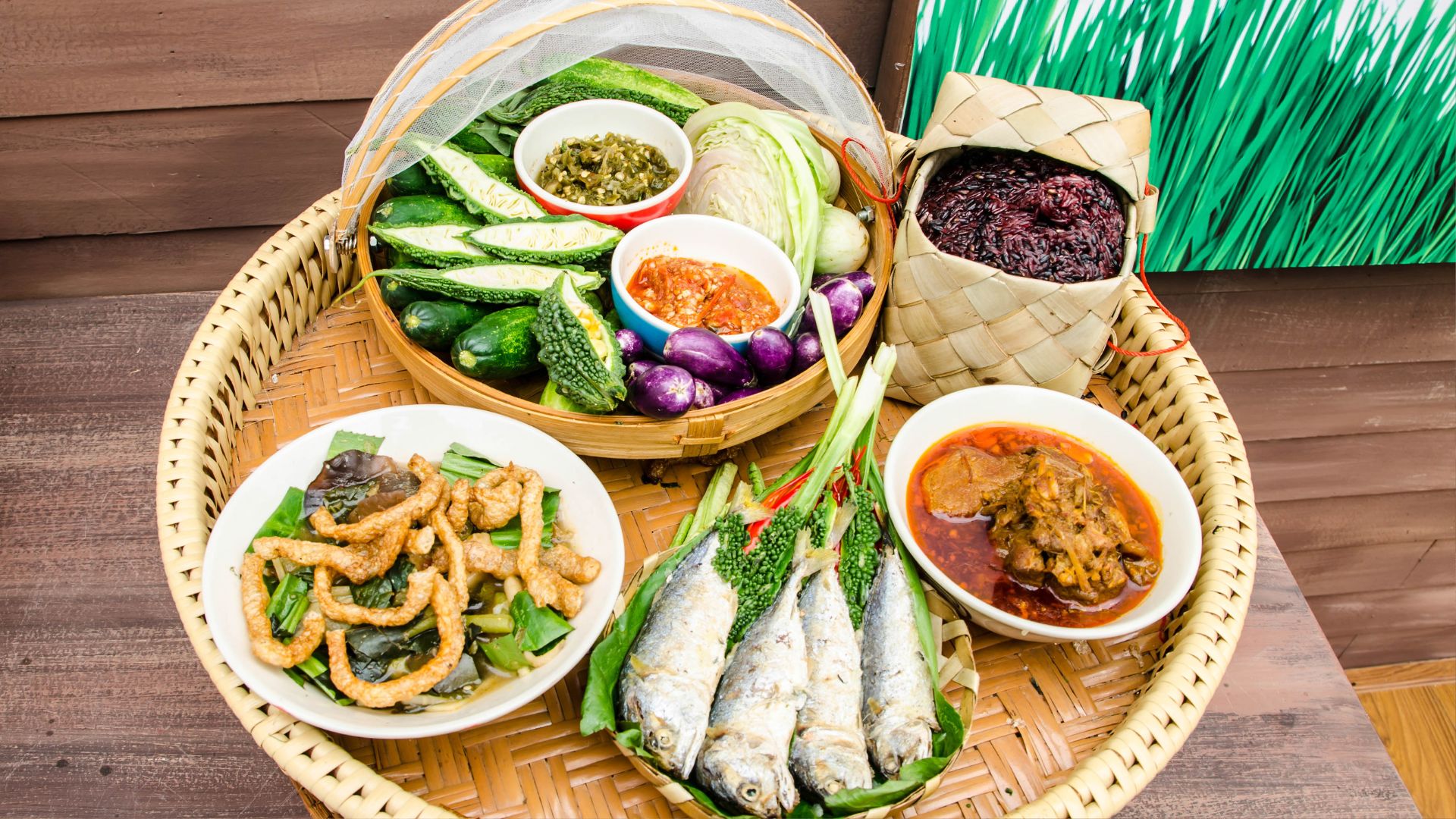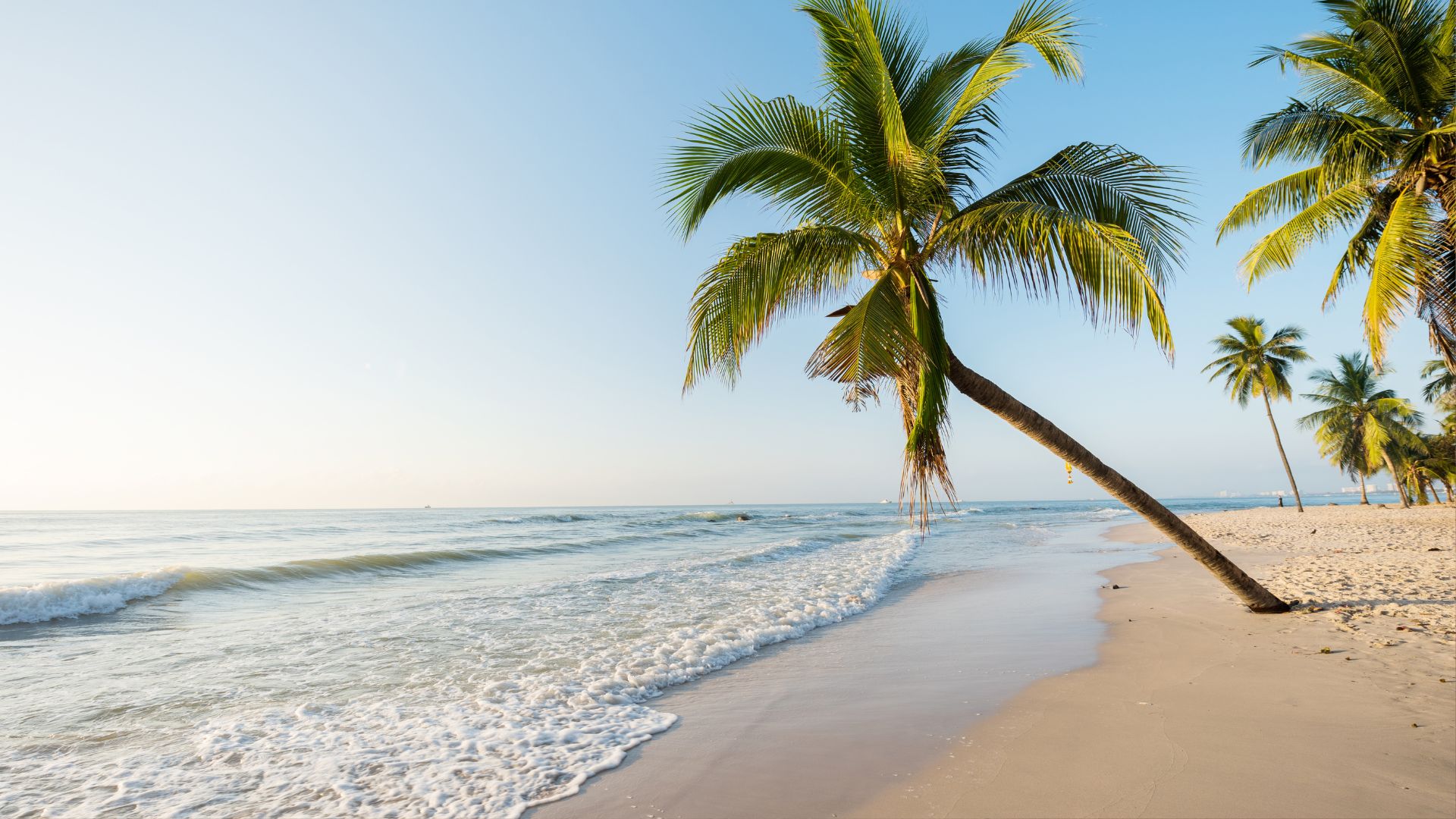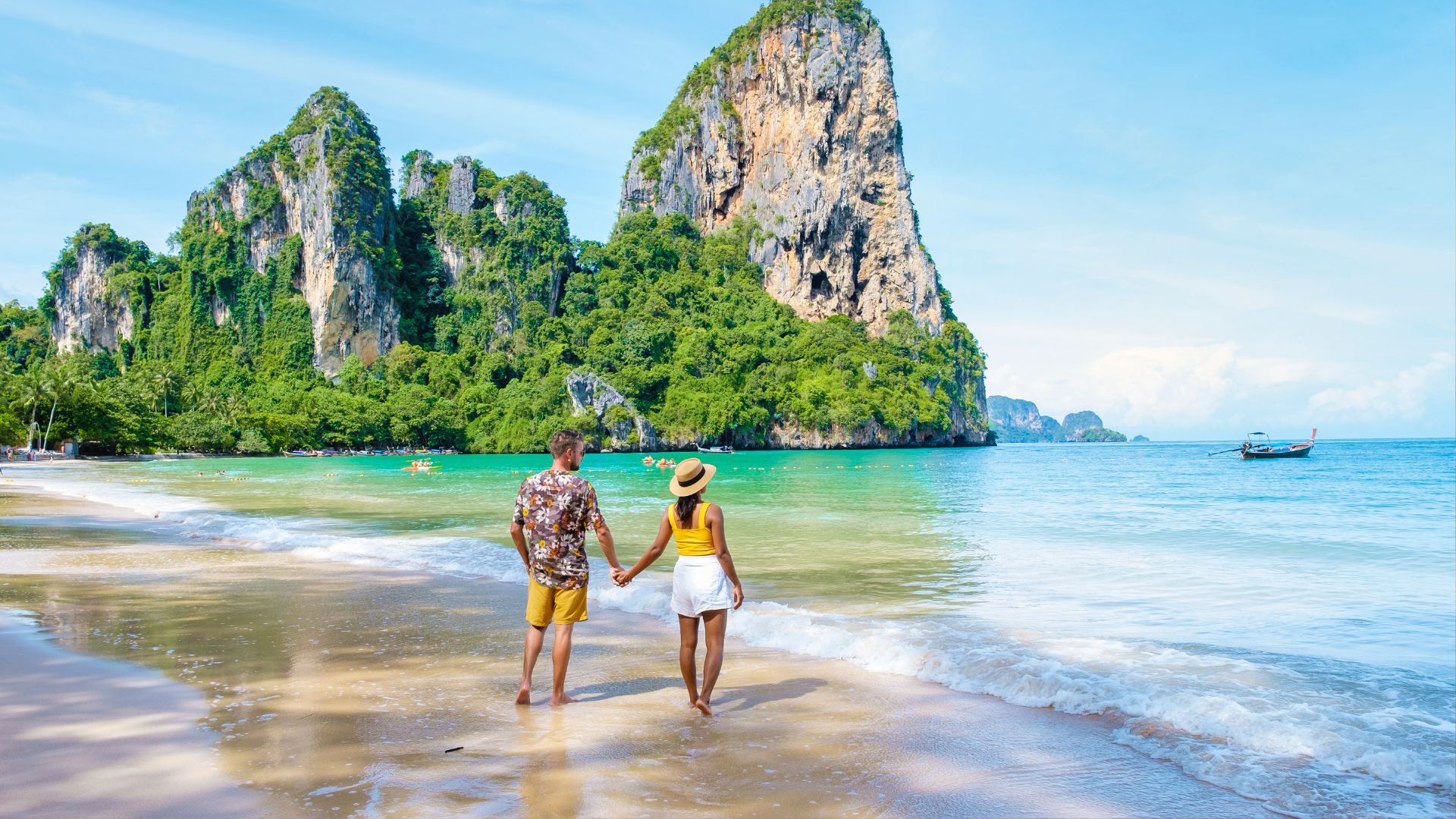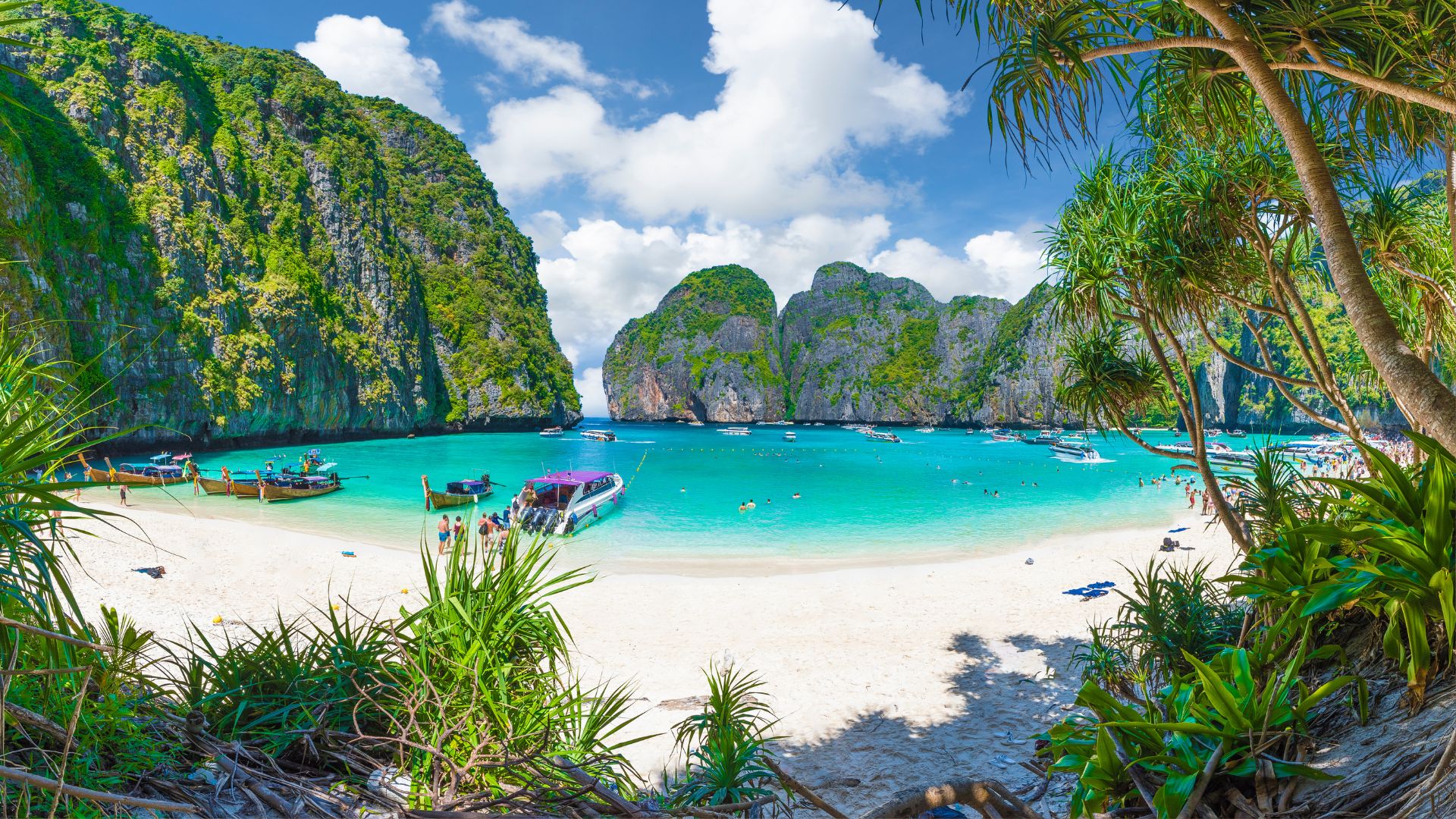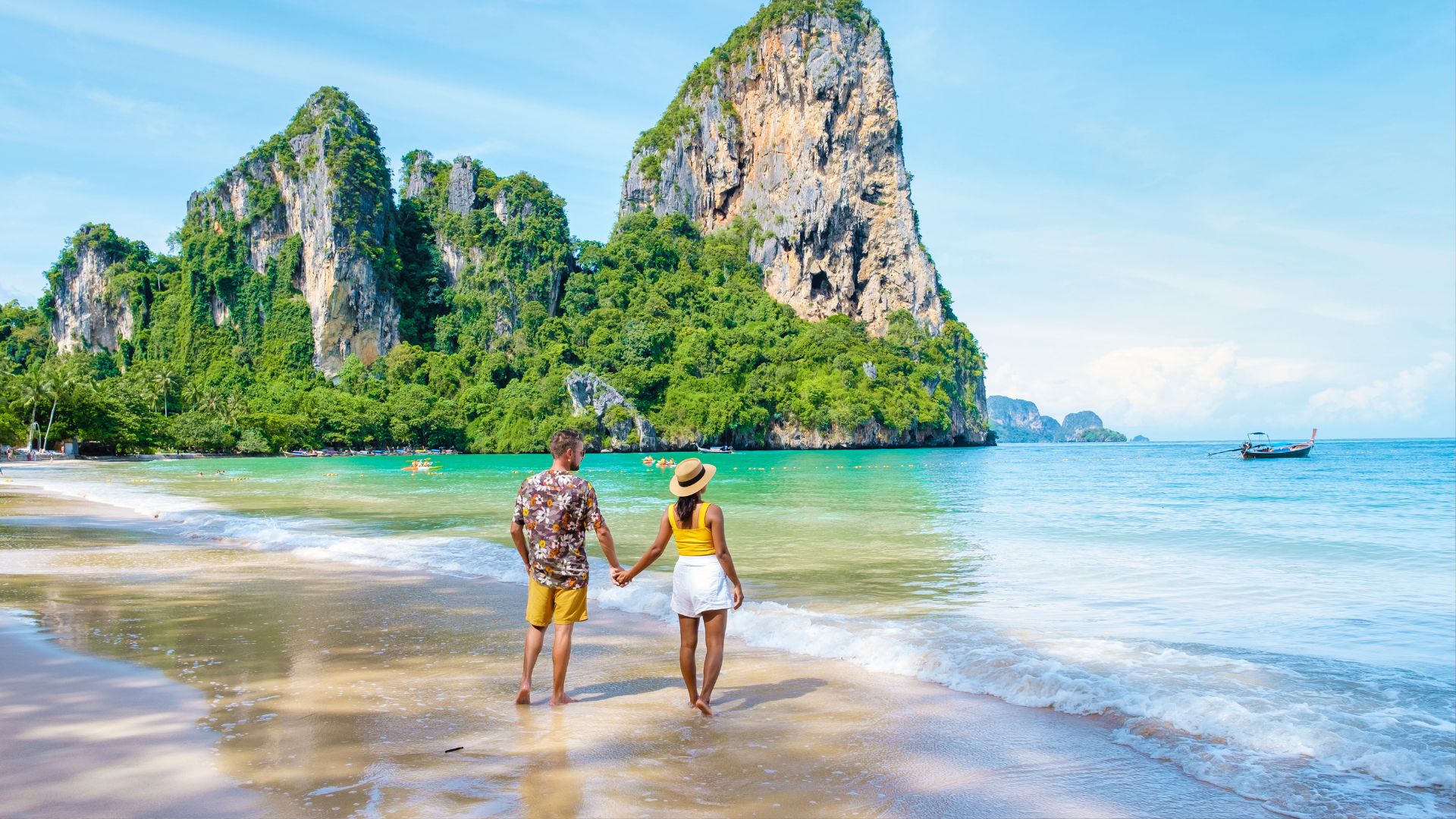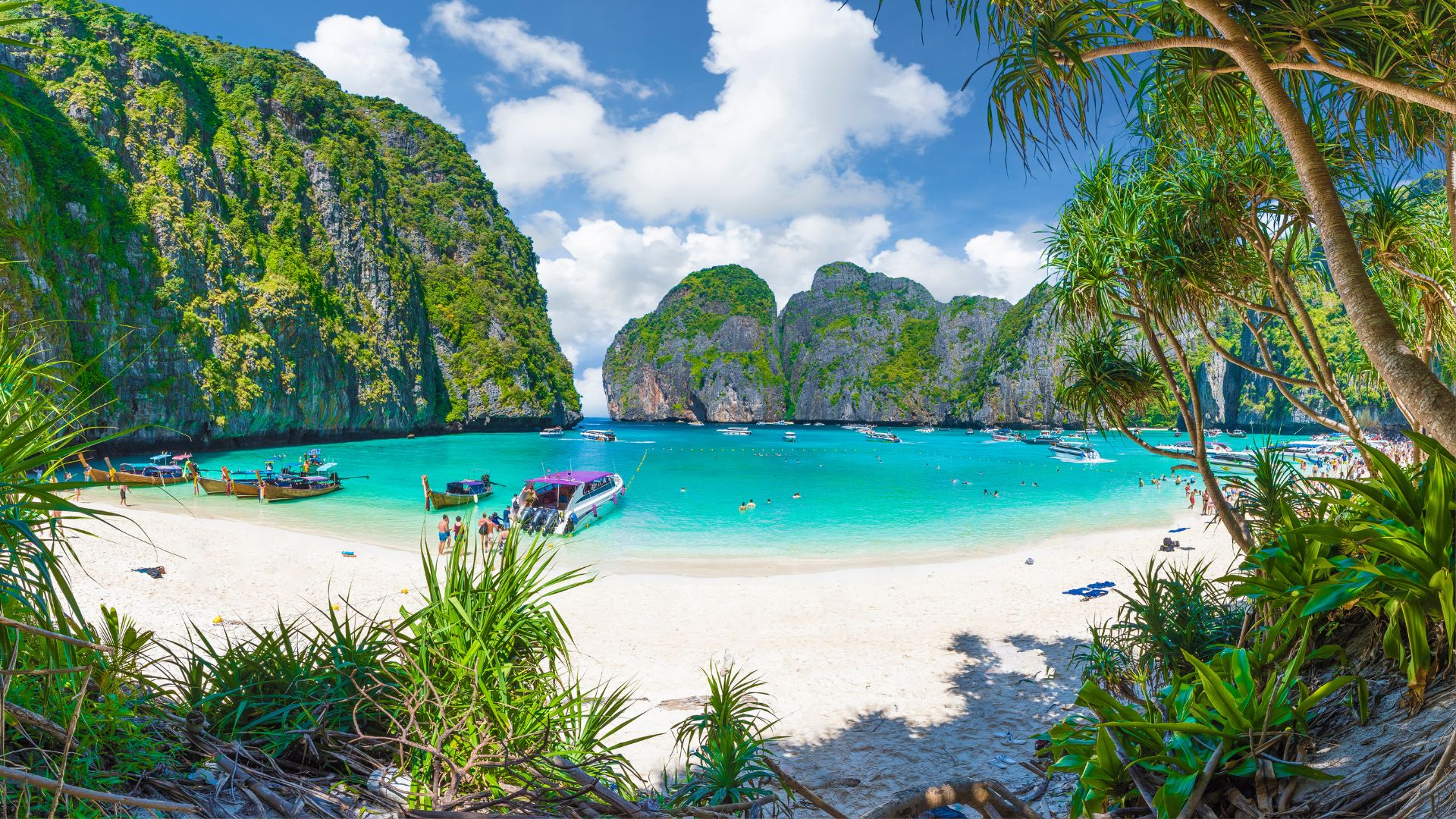Thailand, known as the Land of Smiles, is a premier destination for travelers drawn to its rich cultural heritage, stunning landscapes, and bustling city life. From the vibrant streets of Bangkok to the serene beaches of Phuket and the historical ruins in Ayutthaya, Thailand offers a diverse array of experiences. Like any travel destination, prioritizing safety is essential for a fulfilling journey. This guide aims to provide a comprehensive overview to ensure a safe and enjoyable trip to Thailand.
General Safety in Thailand
Thailand is generally a safe destination for tourists. The Thai people are known for their friendliness and hospitality, which contributes to a welcoming environment for visitors. However, as in many popular tourist destinations, it’s important to stay vigilant against petty crimes like pickpocketing or scams, particularly in crowded areas like Bangkok’s Khao San Road, the markets in Chiang Mai, and the beaches in tourist hotspots.
Health and Medical Concerns
Medical facilities in Thailand, especially in Bangkok and other major cities, are of a high standard. Many hospitals in these areas are equipped to handle medical emergencies and are accustomed to treating international travelers. Nevertheless, securing comprehensive travel insurance that covers medical emergencies is strongly recommended.
Standard travel vaccinations are advisable for visitors to Thailand. In addition, due to the tropical climate, precautions against mosquito-borne diseases such as Dengue Fever and Zika should be taken. Using mosquito repellent and wearing long-sleeved clothing, especially during the evening and night, is recommended.
Food and Water Safety
Thai cuisine is globally renowned for its flavors and diversity. Street food is a key part of the culinary experience in Thailand but consume it from reputable vendors with high turnover. To avoid any health issues, it is advisable to drink bottled water instead of tap water.
Natural Hazards
Thailand’s geographical location makes it susceptible to certain natural hazards. The country experiences a monsoon season with heavy rainfall from July to October, which can lead to flooding in some areas. Visitors should stay informed about the weather during these months, especially if traveling to regions prone to heavier rains.
Transportation Safety
Navigating Thailand can be done through various means, including tuk-tuks, taxis, and public transportation in cities, and renting scooters or cars for more flexibility. While public transport is generally safe, traffic can be chaotic, especially in big cities, so caution is advised. For those renting scooters or cars, being aware of local traffic laws and conditions is important.
Thailand Personal Safety Tips
– Be Cautious of Scams: Common tourist scams include tuk-tuk drivers taking you to specific shops or exaggerated prices for goods and services. Always negotiate the price beforehand.
– Respect Local Customs: Thai culture places high importance on respect and politeness. Dress modestly when visiting temples and be mindful of local etiquette.
– Mind Beach Safety: Pay attention to flags and signs when swimming at Thailand’s beaches, and be cautious of strong currents.
– Secure Valuables: Use safes in hotels for valuables and carry only essentials when out exploring.
– Nightlife Safety: Enjoy Thailand’s vibrant nightlife responsibly. Stay with friends and watch over your belongings and drinks.
Emergency Preparedness
Always have emergency numbers available. The general emergency number in Thailand is 191. Additionally, keeping the contact details of your country’s embassy or consulate handy is a good practice.
In Summary, Thailand is a captivating destination, offering a rich tapestry of cultural experiences, natural beauty, and urban adventure. By adhering to standard travel safety precautions, respecting local customs, and staying informed, travelers can fully enjoy the vast array of experiences Thailand has to offer. With its blend of history, leisure, and cultural immersion, a trip to Thailand is an experience not to be missed.











